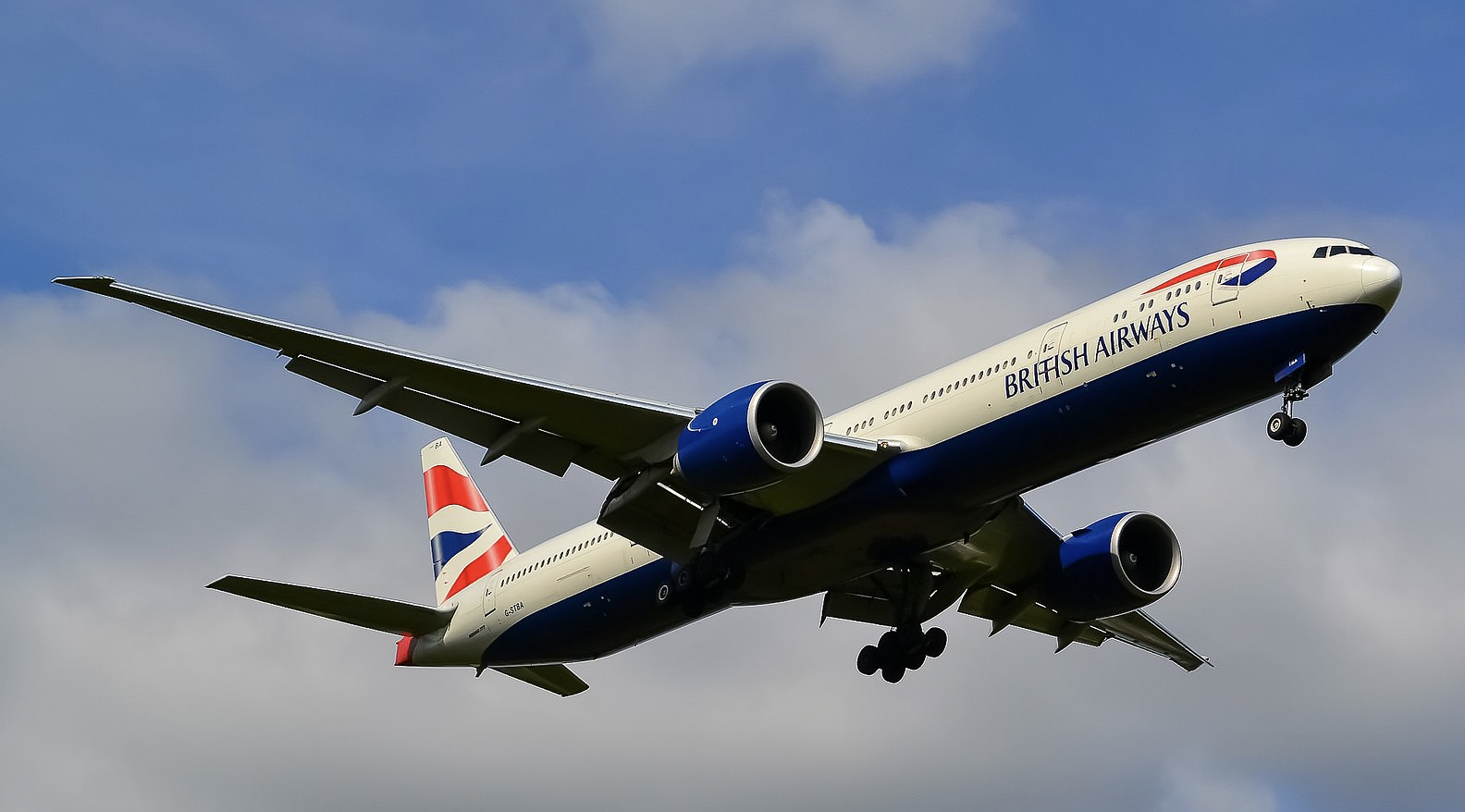
BY JULLEA POWELL
The old phrase “catch flights, not feelings” seems to be the rule every traveler lives by, but summer travelers on British Airways (BA) are catching feelings of frustration at missing flights.
As the travel bans, mandates and lockdowns are loosening in many countries, business and tourism travel are revamping at an unprecedented rate. However, British Airways’s pre-pandemic mass layoffs, worker strikes, and economic issues with Brexit have made BA air travel disheveled.
“During Covid, British Airways cut many employee jobs and lowered salaries.” Emily Rose Tormey ’13, an Oxford MBA graduate, said. “Now that travel is picking up again, they haven’t recalibrated the salaries or the employee count to pre-pandemic status, meaning airline employees are overworked and underpaid.”
Keld Jensen, a graduate of Copenhagen Business School, described how strikers lack sympathy from people because of the perceived inconveniencing the lives of millions of people.
Jensen added that the strikes create a “lose-lose” situation, saying.
“BA is losing money because of strikers, strikers are losing their case, businesses requiring air travel are losing, and passengers are losing regarding flights,” Jensen said. “I don’t really see any winners coming out of that.”
Jensen described how the current economic situation in the UK with the recession, inflation and salaries not increasing has put BA in a precarious situation.
“In the UK, so many groups have threatened to strike— nurses, doctors and teachers, so the trend of striking has spread,” Jensen said. “The danger for negotiators is that if they immediately give into one group of strikers, more groups of strikers will surface, creating a domino effect of the entire workforce striking.”
Shea Oakley, an aviation historian from the Florida Institute of Technology ‘90, used his historical perspective to predict the fate of these union workers on strike.
Issues with labor management relations have been common in the British flag carrier airlines. Oakley noted that the British Airways Union conducted multiple successful strikes against the British Overseas Airways Corporation across the 1960s and 1970s.
“Starting in the early 60s, the unions were very powerful and when the regulation came to many international airlines, the airline industry became suddenly far more competitive with many new airlines coming in with unions losing a lot of their power.” Oakley said, “I think that’s undergoing a reversal, with unions becoming more powerful. British Airways unions have always been known as powerful.”
Airports around the world have struggled with strikes as workers demand more rights amidst an evolving pandemic.
Kambiz Shabankare, a cabin crew member of ATLAS Air, added that the cabin crew members that aren’t striking are feeling the direct blows from annoyed passengers.
“As cabin crew members, we have no control over whether flights are delayed or canceled,” Shabankare said. “It all started before COVID with issues over mask mandates and vaccinations, and now with flight delays. I have colleagues that have been insulted and have to deal with difficult passengers. On the internet, you can see many worse situations physically and verbally.”
While airlines and airports around the world have dealt with the COVID-19 pandemic differently, problems abound in global travel nonetheless.
Tormey added that many airlines, especially international airways, are in a precarious situation as well, except financially.
“With regard to balancing their books, I don’t see them increasing the compensation for workers, meaning they would become uncompetitive in the labor market, bringing in lower level talent and then struggling even more to operate at their pre-pandemic efficiency.” Tormey said. “Unless BA recalibrates and invests more in the labor force, I think they will struggle longer term, particularly with transatlantic corridors when a lot of European and American travelers are getting used to cheaper alternatives, such as the Ryanair or other competitive airlines.”
Since the implementation of Brexit in 2020, UK immigration, travel and tax systems in the UK have been drastically altered, affecting BA as the UK’s dominant airline.
Given that London Heathrow is a popular stopover for EU travelers, Jensen described how immigration difficulties could revert business to other European cities.
“EU residents typically use London Heathrow as a stopover for going places including Asia, the Middle East, or the US. So I do believe Brexit without any doubt has had a negative impact, and I don’t see how it could have a positive effect in any way.”
Shabankare noted that heightened gas and oil prices have caused ticket prices and travel costs to increase as well. He added that inflation has affected every industry such as hotels, travel agencies, and business travel.
Jensen, however, explained that logistics transportation— industry transportation of containers and shipping lines — has experienced the largest financial loss at flight delays as “airline income is actually not the passengers sitting up in the seats but all the goods below them.”
Oakley now calls delays a “way of life,” in this day and age and that this period of and cancellations is the “worst period in the century-long history of commercial aviation for delays and flight cancellations on a global scale.”
British Airways was founded in 1974.






